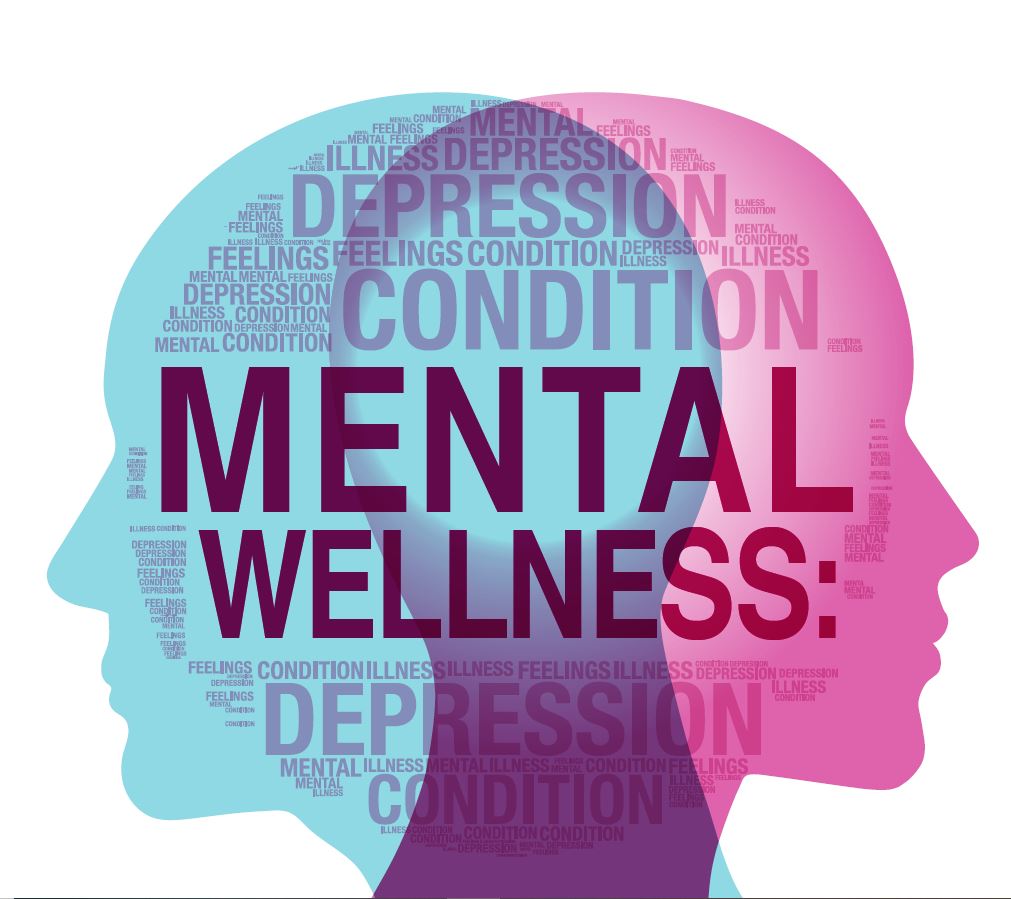Alcohol and Drug Evaluations mainly help assess drug or alcohol abuse. They determine if you have used drugs or alcohol for any period of time and if you have problems with substance abuse. Drug and alcohol assessments may be required by future employers or may be ordered by the court after a drunk driving or other illegal activity involving drugs or alcohol. Attorneys may use drug and alcohol reviews with plaintiffs or defendants to uphold the proceedings. Addiction Treatment Centers can also use drug and alcohol screenings to determine the amount of care needed for a client. Alcohol and drug evaluations usually take about sixty to ninety minutes.
A certified addiction expert will guide you through all the necessary steps. This process typically involves pre-screening, an evaluation, follow-up meetings, and treatment referrals. The screening itself helps determine if there is a problem, while the evaluation assesses the depth of the problem. Some substance abuse screenings may dive deeper by including a mental health assessment to determine if you are suffering from a mental illness at the same time.
Usually, questions asked at an alcohol and drug evaluation will revolve around substance abuse history, family history of substance use, mental health status, and even physical and medical health issues. The assessment process is more than just a list of questions, it is also a way to further diagnose and assess the results of the screening. With a proper diagnosis of results, personalized follow-up plans can be created as a result of having a drug or alcohol use disorder. It is always always better if an individual can get the help they need for substance abuse when first recognized, to avoid getting into any troublesome situations but this is not always the case. Law enforcement agencies may invoke court orders to assess drug use for illegal activities such as drunk driving or possession of illegal drugs.
Social workers investigating a child’s home environment may also recommend a parent to do an alcohol and drug assessment to show in court. After court-ordered alcohol and drug evaluation, you may be ordered to complete certain requirements that if completed in a timely manner will help in your recovery process and put you in good standing with the court. These requirements can be anywhere along the lines of attending a DUI Alcohol or Drug Risk Reduction Program, being subject to random drug/alcohol urine screenings, and inpatient rehab if necessary.









